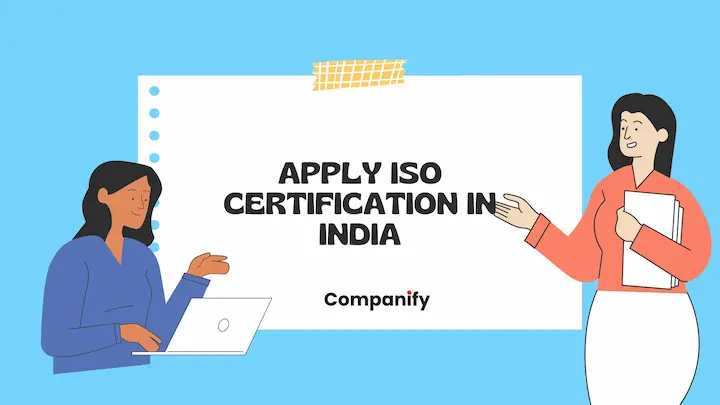

Information about ISO Certification
ISO Certification in India
ISO Certification in India Stand For International Organization for Standardization (ISO) is an International Non-governmental Organization made up of national standards bodies. The Organization promotes worldwide Proprietary industrial and commercial standards. The ISO works in 164 Countries. ISO is one way that provides standards to organizations and lead a way to innovation and development of trade.
- It is an Organization to verify the quality of a product during its development of the product.
- ISO implicitly uses TQM technology to provide a certificate for our organization based on the quality of the product.
ISO has three membership categories:
- Member Bodies: ISO has 121 standard bodies for each country. Member bodies influence ISO standards development and strategy by participating and voting in ISO technical and policy meetings.
- Correspondents: there are 39 Correspondents members. They observe the development of ISO standards and strategy by attending ISO technical and policy meetings as observers.
- ISO has 4 Subscriber members. They Keep up to date on ISO&rsquo's work but cannot participate in it.
There are more than 20 thousand standards have been set by the ISO covering everything from manufacturing products and technology to food safety, agriculture, and Healthcare.
Types of ISO Certification
First, you need to choose the type of ISO certification required for your business. There are various types of ISO certification available such as :
- ISO 9001 is the world's Best-Known Quality Management System. This standard is for businesses and organizations that want to ensure their goods and services consistently meet the customer’s requirements.
- ISO 45001 Occupational Health and Safety Management System. This standard ensures safe operations for your company.
- ISO 14001 Environmental Management System. It assures management employees and stakeholders that the company's environmental impact is being measured and improved.
- ISO 22000 Food Safety Management System. It ensures that the food we eat is safe. It focuses on the highest level of food safety throughout the entire life cycle of food.
- ISO 27001; Information Security Management System. It helps organizations manage information considered sensitive and of significant value to a business.
- ISO 13485 -Medical Devices. It&rsquo's designed to be used by organizations involved in the design, production, installation, and servicing of medical devices and related services.
Benefits of ISO Certification
- Saving time and Money
- Improving system and process efficiency
- Increasing customer Satisfaction
- Being more competitive
- Getting more value out of all resources
- Boosting your credibility
- Improving environment health
- Improving employee health and satisfaction.
Important Term under ISO Certification Bodies :
International Accreditation Forum (IAF) “ Certified Once accepted everywhere IAF ensures that the organizations are confident in the work they undertake and are not in conflict of interest.
Multilateral Recognition Arrangement MLA Eliminates the need for companies to be certified in each country where they sell their products and services.
Accreditation Bodies (AB) are recognized by the IAF and Signatories of MLA. They ensure that the Certification bodies (CB) are following ISO standards. There are around 120 Accreditation Bodies (AB) worldwide.
Certification Bodies (CB) Certification bodies are accrued by the Accreditation body to perform Audits and issue certificates confirming the qualifying companies.
Process of ISO Certification in India
Understand the Requirements
Before starting the process of ISO registration, the organization should understand the requirements of the ISO standard they are looking to get certified with.
Choose an Appropriate Certification Body
The organization should select a certification body accredited to provide the ISO certification. contact the National Board of Accreditation (NBA), India.
Develop an ISO Management System
The organization should develop an ISO management system to ensure that the requirements of the ISO standard are met.
Prepare for the Audit
The organization should prepare for the audit by the certification body. This includes gathering the required documents and preparing staff for the audit.
Conduct the Audit
The certification body will conduct an audit of the organization to ensure that the requirements of the ISO standard are met.
Receive the Certification
Once the organization passes the audit, it will receive its ISO certification.
Why ISO Certification is important?
- If a Company has ISO certified then the company has a name in the international market.
- ISO Provide some benchmark and guidelines for the organization to those who are certified by ISO.
- The Progress of the product can be easily measured and we can easily provide the report to top-level management.

